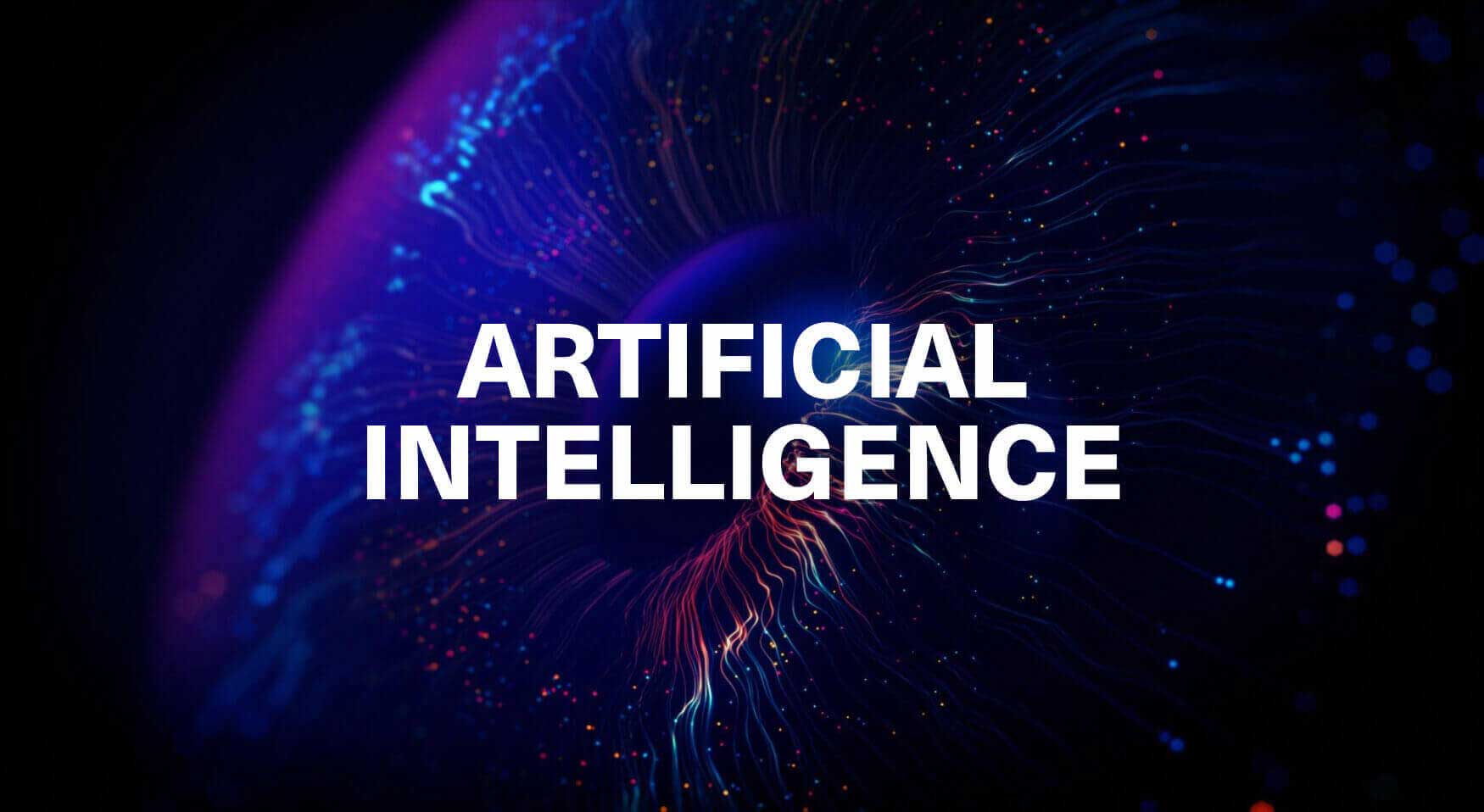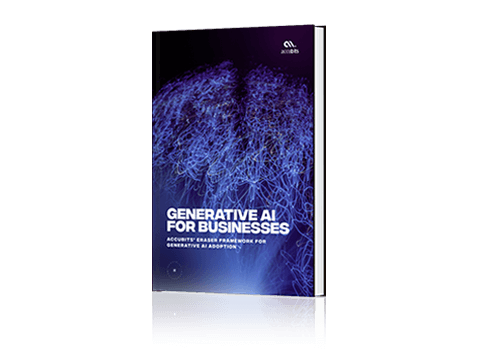- Personalized Customer Experience: Generative AI enables ecommerce businesses to deliver highly personalized customer experiences. Generative AI algorithms can generate personalized product recommendations, customized marketing messages, and tailored shopping experiences by analyzing customer data and preferences. This level of personalization enhances customer satisfaction and increases conversion rates and customer loyalty.
- Enhanced Product Search and Discovery: Searching for products can sometimes be challenging for customers, leading to frustration and potentially lost sales. Generative AI can significantly improve product search and discovery by understanding natural language queries and generating relevant and accurate product recommendations. This technology helps customers find what they're looking for faster, leading to a smoother shopping experience and increased sales.
- Dynamic Pricing and Demand Forecasting: Generative AI algorithms can analyze vast amounts of data, including customer behavior, market trends, and competitor pricing, to optimize pricing strategies. Businesses can maximize their revenue and profit margins by adjusting prices based on demand and supply conditions. Additionally, generative AI can provide accurate demand forecasting, helping ecommerce businesses optimize inventory management and reduce stockouts or overstock situations.
- Efficient Inventory Management: Generative AI can improve inventory management processes by analyzing historical data, market trends, and customer preferences. Ecommerce businesses can optimize inventory levels, reduce storage costs, and improve overall operational efficiency by predicting future demand and identifying potential stockouts or excess inventory situations.
- Automated Customer Service: With the help of generative AI, ecommerce businesses can provide automated customer service solutions, such as chatbots and virtual assistants. These AI-powered tools can handle customer inquiries, provide product recommendations, and assist with order tracking, reducing the workload on customer support teams and enhancing the overall customer experience.
- Fraud Detection and Prevention: Generative AI algorithms can detect patterns and anomalies in customer behavior, helping ecommerce businesses identify potentially fraudulent activities. By leveraging machine learning techniques, generative AI can recognize suspicious transactions, flag them for manual review, and prevent fraudulent purchases, protecting both the business and the customers.
- Content Generation and Personalized Marketing: Generating compelling content is crucial for effective marketing in ecommerce. Generative AI can automate content creation processes by generating product descriptions, blog posts, social media captions, and other marketing materials. Moreover, generative AI can help personalize marketing campaigns by creating targeted advertisements based on individual customer preferences, increasing the chances of engagement and conversions.
- Define Objectives and Use Cases: Identify the specific objectives and use cases for implementing Generative AI in your ecommerce business. Whether it's personalized product recommendations, content generation, dynamic pricing, or customer service automation, clearly define the areas where Generative AI can add value to your operations.
- Data Collection and Preparation: Gather relevant and high-quality data from various sources, including customer behavior, product catalogs, transaction history, and marketing data. Clean and preprocess the data to ensure accuracy, consistency, and compatibility with Generative AI algorithms.
- Select the Right Generative AI Techniques: Choose the appropriate Generative AI techniques and algorithms based on your defined objectives and use cases. This may include deep learning models like generative adversarial networks (GANs), variational autoencoders (VAEs), or transformer-based architectures such as GPT (Generative Pre-trained Transformer).
- Training and Model Development: Train the selected Generative AI models using your prepared data. This involves feeding the data into the models and iteratively optimizing them to generate desired outputs. Depending on the complexity of the models and the available computing resources, this step may require significant computational power and time.
- Integration with Ecommerce Systems: Integrate the trained Generative AI models with your existing ecommerce systems and infrastructure. This may involve developing APIs or microservices that allow seamless interaction between the Generative AI models and your ecommerce platform, content management system, or customer relationship management software.
- Testing and Evaluation: Thoroughly test the implemented Generative AI system to ensure its functionality, performance, and accuracy. Evaluate the generated outputs against predefined metrics and use real-world scenarios to validate their effectiveness. Iteratively refine the system based on the feedback and test results.
- Deployment and Monitoring: Deploy the Generative AI system into your ecommerce environment, ensuring it is properly integrated and functioning smoothly. Establish monitoring mechanisms to track the system's performance, detect anomalies or issues, and continuously improve its functionality based on user feedback and changing business requirements.
- Ongoing Maintenance and Optimization: Generative AI models may require periodic updates and fine-tuning to adapt to evolving customer preferences, market trends, or changes in your ecommerce business. Regularly monitor the system's performance, analyze user feedback, and leverage new data to enhance and optimize the Generative AI models.
- Security and Privacy Considerations: Ensure proper security measures are in place to protect the sensitive customer and business data used by the Generative AI system. Comply with relevant data protection regulations and implement measures to safeguard user privacy.
- Continuous Innovation: Stay updated with the latest advancements in Generative AI technologies and continue exploring new use cases and opportunities for improvement in your ecommerce business. Regularly evaluate the performance of the implemented Generative AI system and consider enhancements or expansions to leverage its capabilities further.
When it comes to generative AI development services, Accubits stands out as a leading company that can meet your needs effectively. Here's why choosing Accubits would be a great decision:
- Expertise: At Accubits, we have a team of highly skilled experts who stay up-to-date with the latest advancements in generative AI. With their extensive knowledge and experience, they have a proven track record of delivering top-notch solutions to clients.
- Customization: We understand that every client has unique requirements. Accubits offers tailored solutions that can be customized to match your specific needs and fit within your budget. This ensures you get a solution that aligns perfectly with your business objectives.
- Cost-effectiveness: We believe in delivering cost-effective solutions without compromising on quality. By leveraging cutting-edge technologies and tools, we optimize the development process to minimize costs while delivering exceptional results. This means you can achieve your goals within a budget that works for you.
- Fast Time to Market: Accubits follows agile development methodologies and streamlined processes to expedite the time to market for your generative AI solutions. We prioritize efficient project management, allowing you to bring your product to market quickly and start reaping the benefits sooner.
- Ongoing Support: Our commitment to your success goes beyond the initial implementation. Accubits provides comprehensive support and maintenance services to ensure that your generative AI solution performs optimally in the long run. We are there to address any issues, make updates, and ensure your satisfaction throughout the entire journey.
By choosing Accubits for your generative AI development services, you can maximize your return on investment, reduce costs, and accelerate your time to market. Our expertise, flexibility, cost-effectiveness, fast delivery, and ongoing support make us the ideal partner for your generative AI initiatives.
The cost of generative AI development services in the e-commerce sector is influenced by several factors, including the project's complexity, the scope of features and functionalities required, and the expertise and size of the development team involved.
For relatively simpler generative AI projects in e-commerce, the estimated cost typically ranges from $5,000 to $10,000. Furthermore, the cost would fall within the same range if your project can be implemented using our pre-existing platforms with minimal customizations. Sometimes, prototyping and proof-of-concept development for generative AI projects cost less than $5,000.
However, projects with higher complexity levels and larger development teams may incur higher costs. To get a rough estimate of the development expenses for your specific generative AI project in e-commerce, we recommend contacting us via the provided contact form and providing an overview of your project's key details. Additionally, it's important to consider ongoing maintenance and support expenses, which typically add 15-25% to the overall project cost.
The development timeline for generative AI applications in the ecommerce sector can vary based on multiple factors. For simpler projects, such as basic generative AI models or simple product recommendation systems, the development phase is typically completed within 1-2 weeks. Similarly, utilizing our pre-existing solutions, more advanced generative AI applications like personalized shopping assistants or virtual stylists can be launched within a similar timeframe.
However, custom generative AI projects usually require more development time, with an average duration ranging from 1 to 8 months. Complex projects involving the creation of a custom generative AI platform, advanced product generation systems, or real-time image synthesis may take around 1-2 years to develop.
It's important to note that highly intricate generative AI applications can take even longer, especially those involving decentralized platforms with complex functionalities and a large user base. These projects may require several years of development time, a substantial development team, and significant resources. The duration of developing a generative AI application in ecommerce ultimately depends on factors such as the application's complexity, the expertise and size of the development team, and the chosen technology stack.



















































